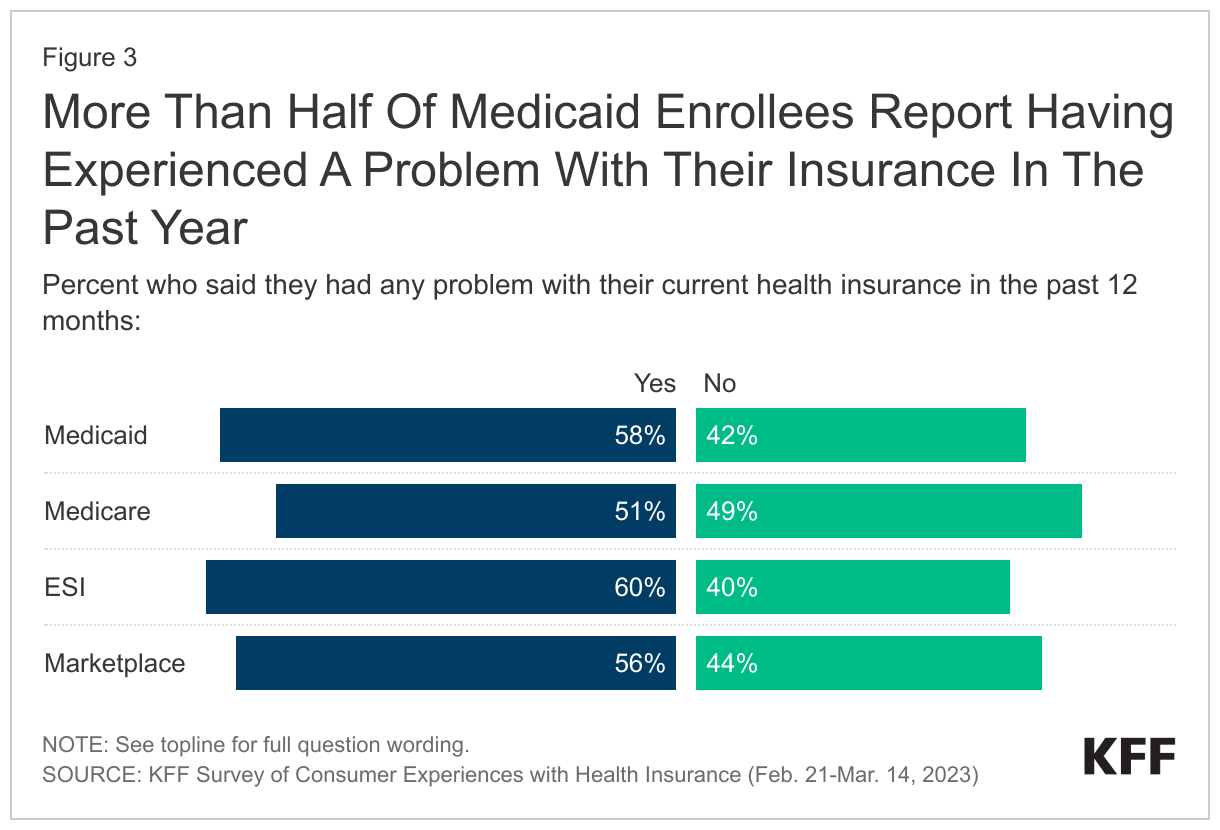opinion
Alzheimer's drugs' dangerous side effect deserves more attention, neurologist says
 Illustration: Alex Hogan/STAT; Photo: Eisai via AP
Illustration: Alex Hogan/STAT; Photo: Eisai via AP
Since the FDA approved lecanemab and Medicare decided to cover the drug, Johns Hopkins neurologist Madhav Thambisetty has met with many Alzheimer's patients and their families eager to know if this new treatment can help slow the advance of this disease. He meets their hopes with the drug's risk-to-benefit ratio, which includes both a modest slowing of the memory-robbing disease and the worrisome brain swelling and bleeding called ARIA — side effects also found in two similar drugs, aducanumab and donanemab.
Thambisetty is troubled by marketing campaigns that paint ARIA as mostly mild or even asymptomatic, often resolving spontaneously, even though 1% to 2% of patients in clinical trials didn't recover and got worse. Each of the three drugs has been linked to patient deaths, most of which came to light via investigative journalists, including at STAT. "Before deciding whether to offer these treatments to eligible patients, physicians should insist on full disclosure of all observed adverse events and their relationship, if any, to worsening memory impairment and functional abilities," Thambisetty writes in a STAT First Opinion.
inequity
STEM PhDs with disabilities are paid less in academia
Employment disparities for women and underrepresented racial minorities in science, technology, engineering, and medicine are all too familiar. Less well known may be the fact that scientists and engineers with disabilities are more likely to be unemployed than other people in the U.S. labor force. Now a new paper in Nature Human Behaviour finds that when people who have been disabled before age 25 complete their doctoral degrees and get jobs in STEM, they earn $10,580 less per year than their peers without a disability, after being matched for socioeconomic background, job, and degree-related characteristics.
In academia, they fare even worse, earning $14,360 less per year than their counterparts without a disability. The analysis of 1.15 million U.S. research doctorate recipients awarded degrees between 1973 and 2017 also found advancement to tenured positions or such higher faculty levels as deans and presidents was stalled if there was an early disability — but not if disability occurred later in life.
"People with disabilities are a national asset whose potential should not be underutilized," the authors write. "Lower representation and salaries for people with disabilities are unjust."
insurance
People with Medicaid report more coverage denials

Most of the Medicaid news lately has documented how many people have lost coverage as enrollment has unwound along with the pandemic-era state of emergency. A new KFF survey asked people still on Medicaid what they thought about their coverage. By far, most respondents (83%) on Medicaid assessed their health insurance as "excellent" or "good." Even so, more than half (58%) had a problem in the past year, such as difficulty with prior authorization and trouble finding health care providers.
Other differences:
- Medicaid enrollees are more likely to rate their physical or mental health status as fair or poor compared to adults with other coverage.
- Medicaid enrollees are less likely than those with other insurance to report cost-related problems or difficulty understanding what they owe out of pocket.


No comments